F-2 Community News
August 2020

F-2 Community News
August 2020
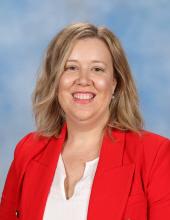

Maths is Everywhere! When we are out in the community, at the shops, in our homes, at school and at the playground, we see maths and can create math links to almost everything. The best maths experiences are linked to our everyday life and knowing they can connect can help us to be lifelong mathematicians.
In the classroom our teachers teach us about maths during our maths lessons, but we also learn about maths in other areas of our learning. In investigations we have math stations set up to practice concepts we have been learning. In PE our teachers count, make groups, keep score and time our activities. In LOTE we learn the numbers in Indonesian and in Art we create art using symmetry, lines and patterns.
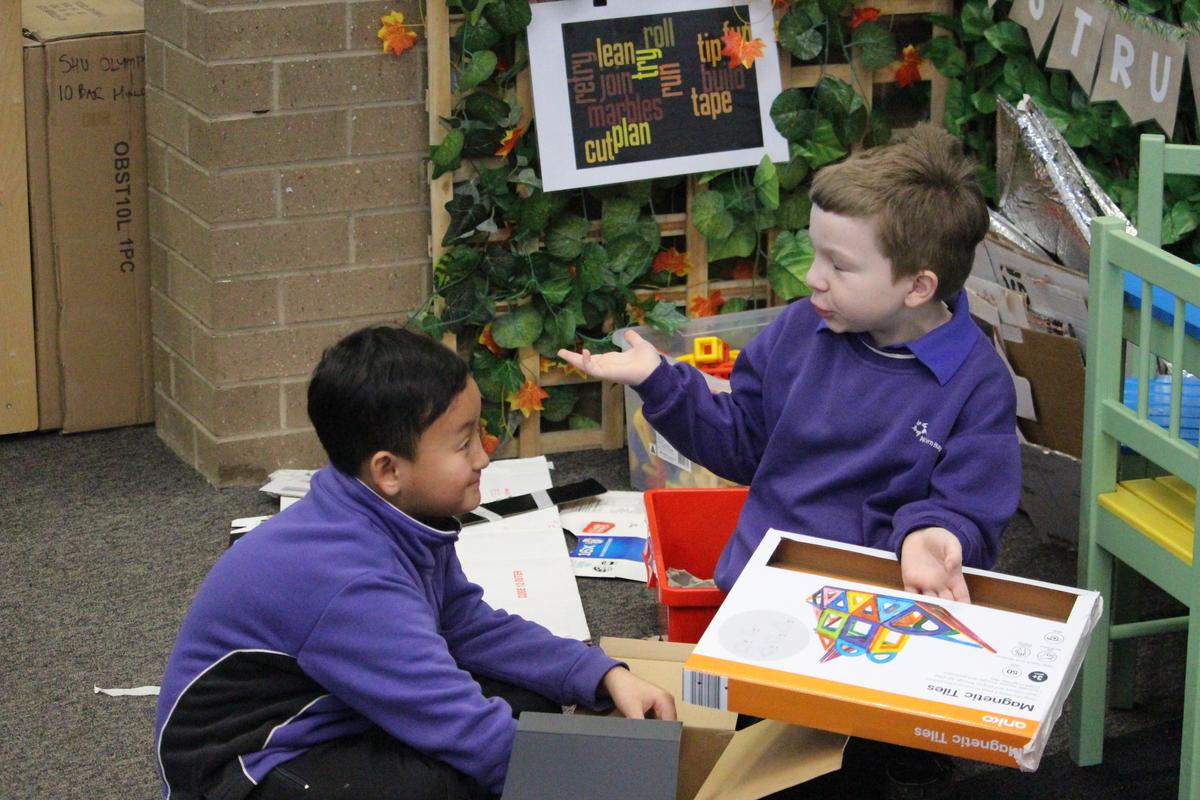
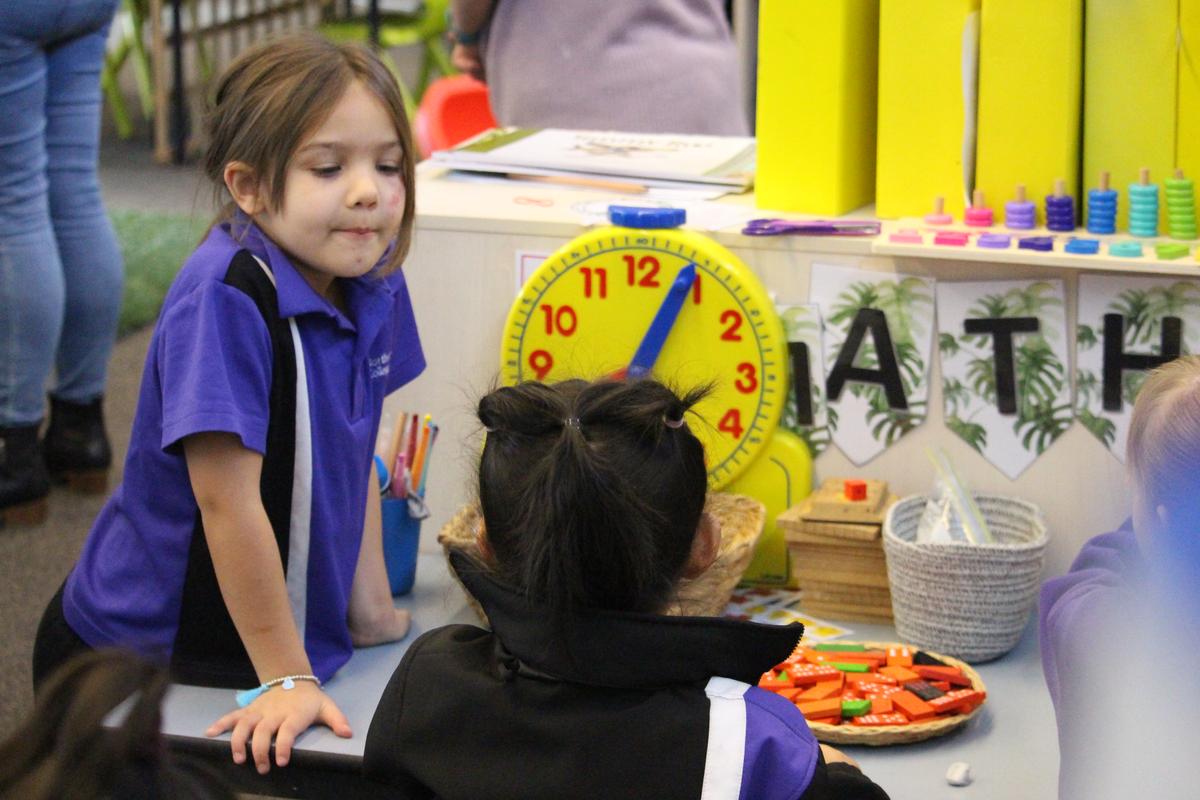
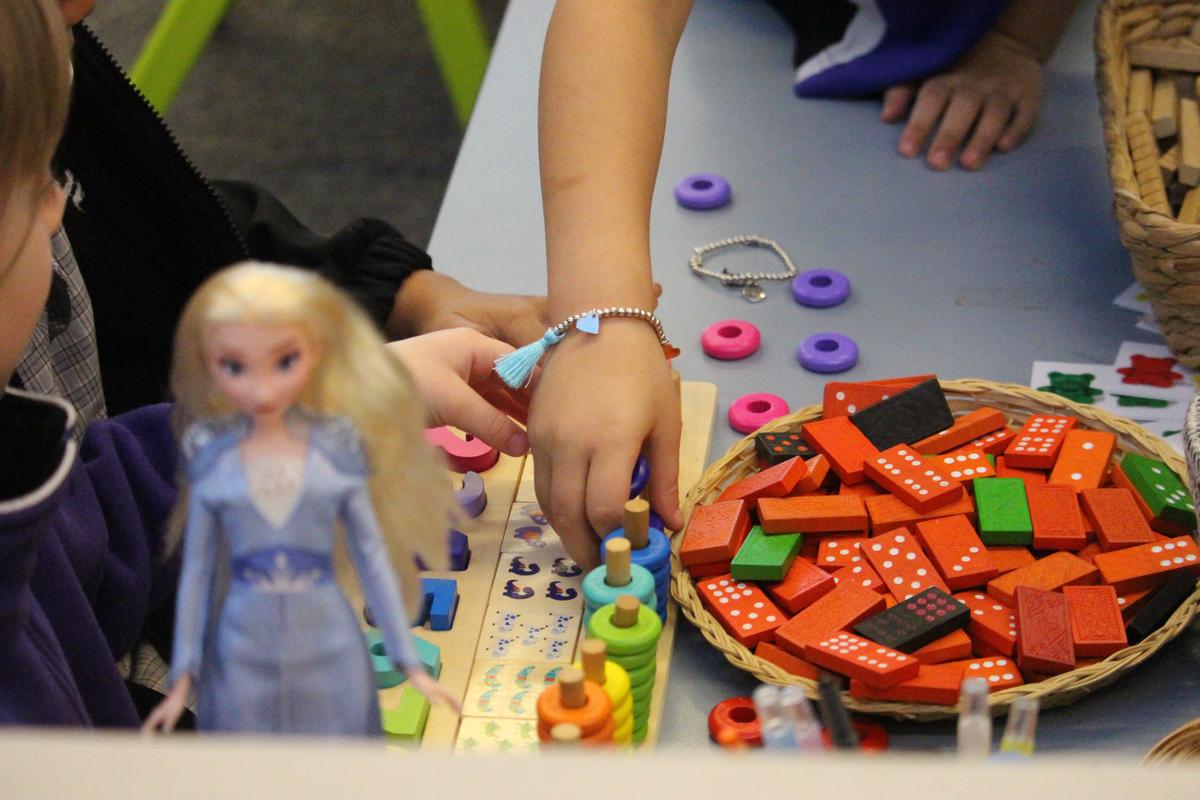



When we learn maths in class, our teacher always begins the lesson with a warmup. This might be a game, a task that helps us practice an important maths concept like multiplication (times tables) or our problem-solving skills. We then have a mini lesson in which the teacher explicitly teaches us something. After this we either move into small groups to practice, work independently or work with the teacher one on one or in a small group. We always finish with a reflection at the end of the lesson and this gives the teacher feedback about how we are going with our learning in maths. Do we understand the concepts? Can we explain our thinking? Can the teacher give us more help? During this lesson our teachers are always monitoring and listening to what we are doing. They use this information to plan future lessons and to know how we are going as learners in maths.
So, what things can we do at home that will help us with our maths skills and knowledge?
Cooking is a great way to learn about measuring with instruments and to use terms such as kilograms, grams, cups, spoons, equal, full, temperature, half and quarter.
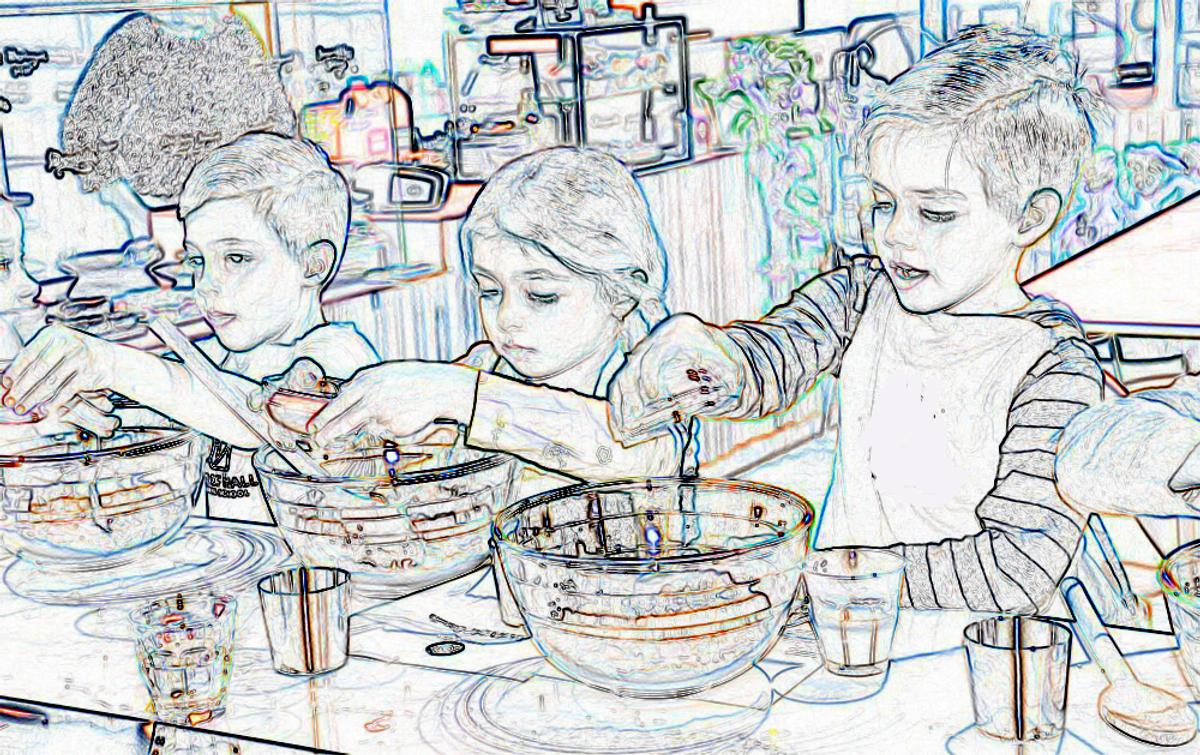

Playing cards can be used to play matching number games like ‘Snap’. Order the numbers on the cards from smallest to largest, or largest to smallest.
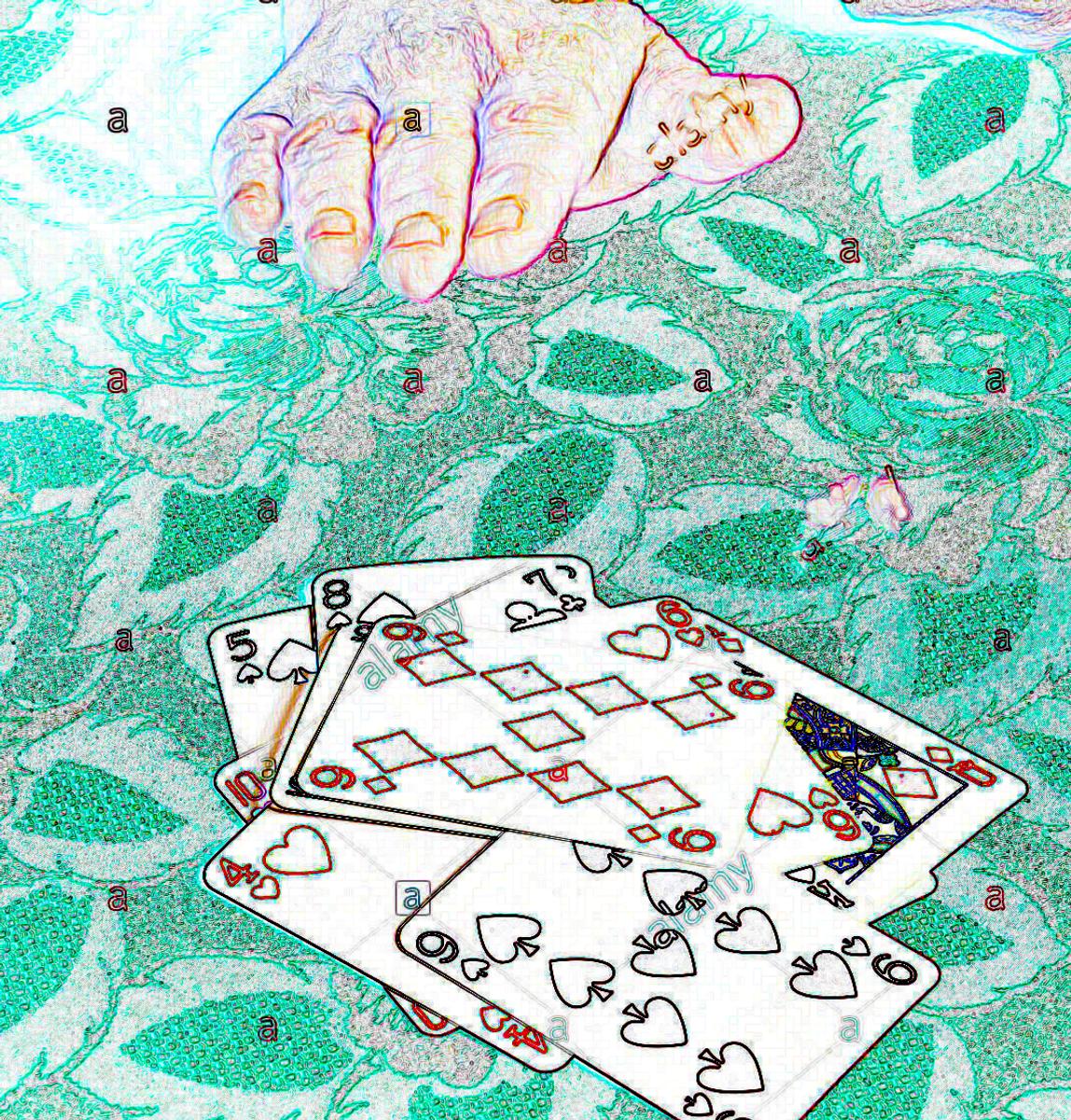

Use leaves, rocks and sticks to create patterns out in the garden.


Playing shop helps children to learn concepts about number. One way to play shop is to create a mini shop at home.
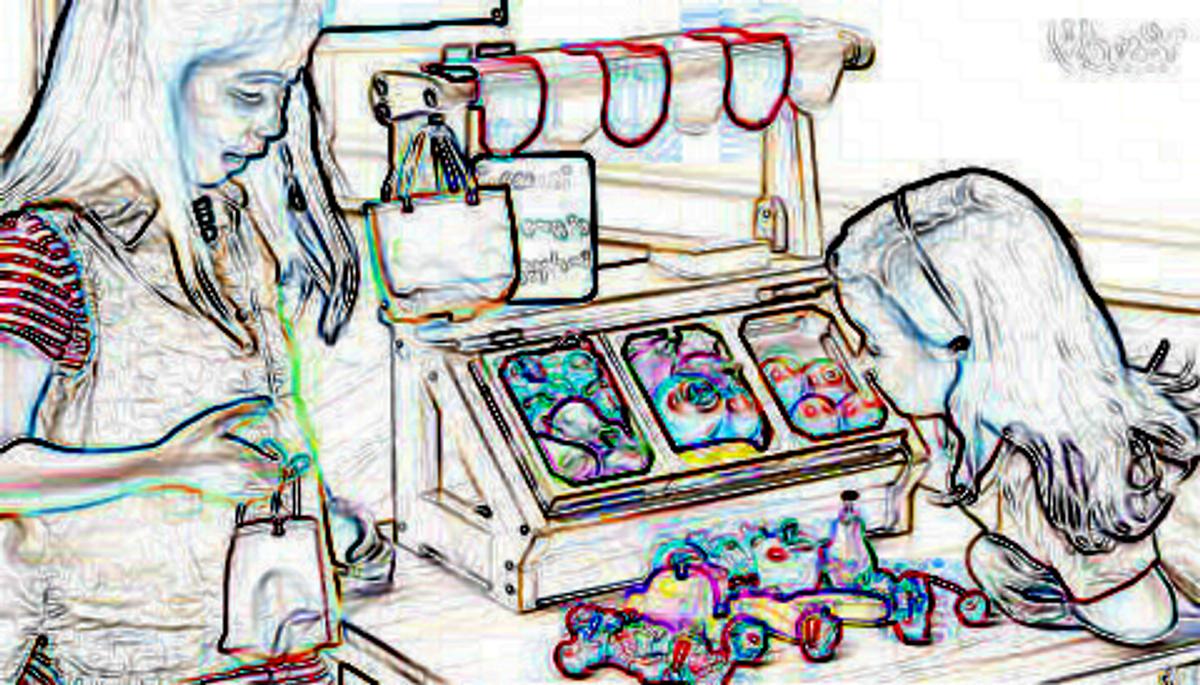

Play ‘I Spy’ or other games to help identify shapes, numbers and patterns.
Board games are a fun way to involve the whole family with maths. Help children when rolling dice to count, move, and stop after moving the number shown on the dice.
These ideas use movement of the body to experience counting:
Remember maths is everywhere and we love maths in F-2!
Many more ideas are found here on the Department of Education website - Numeracy at home resource: